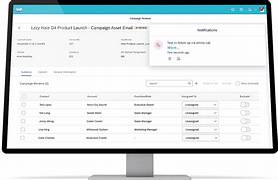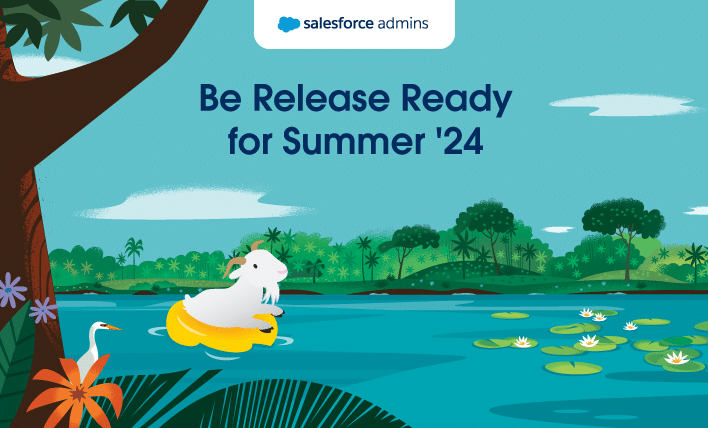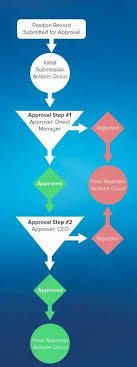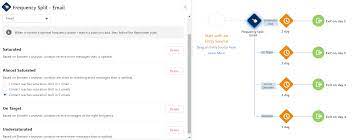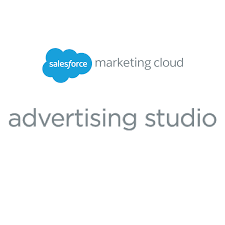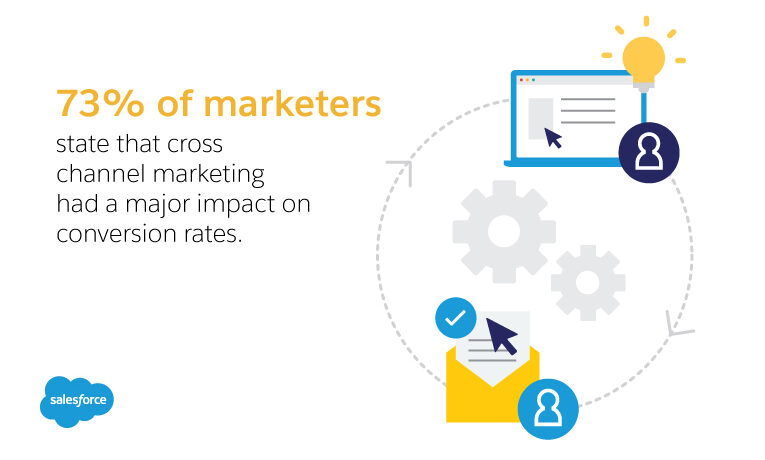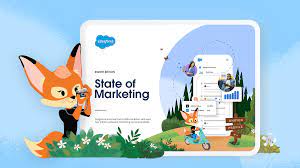Marketing Cloud Account Engagement Email Compliance
Account Engagement Email Compliance FAQs Sometimes it is difficult to get a straight answer as to Account Engagement Email Compliance requirements. Tectonic has you covered. Using Purchased and Third-Party Lists in Account Engagement I purchased a list from a third party who assures me it’s an opted-in list. Can I email this list with Account Engagement? NO. Using a purchased list directly violates our permission-based marketing policy. Emails sent to such lists are unsolicited bulk emails, defined as spam. Using a purchased list can damage your company’s reputation and make you a spammer. I’m a member of X industry and I got this list from the membership directory of a group I’m in. Can I email this list with Account Engagement? NO. Third-party lists, regardless of origin, are not allowed. Before using this list in Account Engagement, you must solicit permission from each prospect through 1:1 emails (outside of Account Engagement) or a phone campaign. Someone followed us on LinkedIn or other social media. Does that mean they opted in? NO. Following your business on social media does not equate to consent for receiving emails. Prospects must explicitly provide their email address and permission to receive marketing emails. CAN-SPAM only requires an unsubscribe link, so can I send email to any list through Account Engagement? NO. Our Permission-Based Marketing Policy requires explicit permission before sending marketing emails to prospects. This policy, part of our service agreement, mandates obtaining permission before using Account Engagement to send emails. Simply including an unsubscribe link does not comply with our policy. I had a booth at a tradeshow, and the organizers gave me a list of attendees. Can I email them with Account Engagement? MAYBE. Tradeshow lists are complex regarding permission-based marketing. While attendees might be aware of opting into communications, explicit permission is still necessary. You can send one initial email indicating where you obtained their information and requesting opt-in for future communications. Prospects who don’t opt-in cannot be emailed again through Account Engagement. I collected these prospects over a year ago, and I’m ready to start emailing them. Can I use Account Engagement? MAYBE. For stale lists (especially over a year old), run a Permission Pass to clean up your list and confirm that prospects still wish to receive your emails. This helps maintain low spam complaints by re-soliciting permission from the prospects. When prospects buy my product, I ask them if they’d like to subscribe to marketing emails. Is it okay to email them with Account Engagement? YES. Emailing customers who have opted in is acceptable. As long as you have explicit permission from the prospect, you can use Account Engagement to email them. I had a booth at a tradeshow and prospects filled out an email opt-in form at my booth. Can I use this list with Account Engagement? YES. Emailing prospects who have opted in through an email opt-in form at your booth is fine. Ensure you have explicit permission from the prospect. To be safe, set up a Confirmed Opt-In Process to verify the opt-in request and validate the email address. I had prospects verbally opt in. Can I use this list with Account Engagement? Yes, but… After receiving a verbal opt-in, follow up with an email thanking the prospect for opting in. This confirms their consent and reduces the likelihood of your emails being reported as spam. I was searching Hoovers and spotted some employees who would be interested in my content but don’t know their email address. Can I guess their email address and send to them? NO! This practice, known as appending, violates our Permission-Based Marketing Policy. Guessing email addresses risks damaging your email reputation due to hard bounces or spam complaints. Explicit permission from prospects eliminates the need to guess email addresses. Like Related Posts Salesforce OEM AppExchange Expanding its reach beyond CRM, Salesforce.com has launched a new service called AppExchange OEM Edition, aimed at non-CRM service providers. Read more Salesforce Jigsaw Salesforce.com, a prominent figure in cloud computing, has finalized a deal to acquire Jigsaw, a wiki-style business contact database, for Read more Health Cloud Brings Healthcare Transformation Following swiftly after last week’s successful launch of Financial Services Cloud, Salesforce has announced the second installment in its series Read more Top Ten Reasons Why Tectonic Loves the Cloud The Cloud is Good for Everyone – Why Tectonic loves the cloud You don’t need to worry about tracking licenses. Read more

